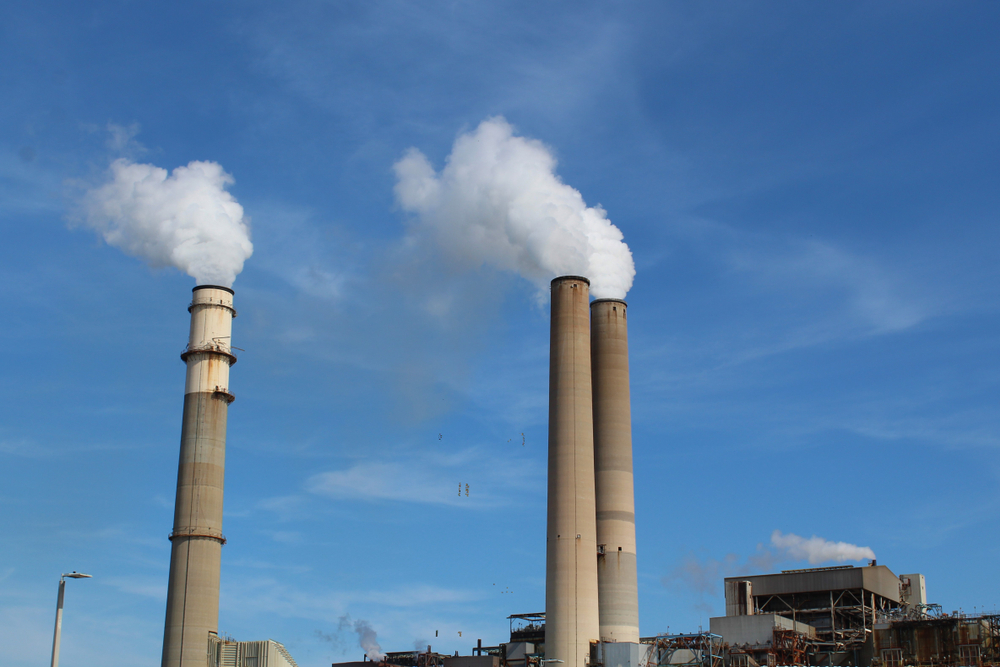Environmental advocates had what can only be described as a nightmare week as the Trump administration and Supreme Court delivered a one-two punch that could reshape American climate policy for years to come. The coordinated nature of these moves – postponing major coal plant closures while simultaneously weakening state authority over emissions standards – suggests a systematic dismantling of climate protections that goes far beyond typical political reversals.
The timing feels particularly brutal given that these decisions arrive just as extreme weather events are making climate change impacts impossible to ignore. What makes this week’s developments especially concerning is how they target both federal climate initiatives and state-level leadership, creating a comprehensive rollback that leaves few alternative pathways for maintaining momentum on emissions reductions.
Michigan’s coal plants get an indefinite stay of execution
Two of Michigan’s largest coal-fired power plants just received what amounts to a gubernatorial pardon, with the J.H. Campbell and Monroe facilities getting indefinite reprieves from planned closures that were supposed to begin this year. The J.H. Campbell plant alone pumps more than 9 million tons of CO₂ into the atmosphere annually, making it a significant contributor to both local air pollution and global climate change.
The justification for keeping these plants operational centers on energy security and grid reliability concerns, but environmental advocates argue this reasoning doesn’t hold up to scrutiny. Michigan has been successfully transitioning to cleaner energy sources, and grid operators had already planned for these closures as part of their reliability assessments.
The communities surrounding these plants are predominantly working-class and minority populations that have been bearing the burden of air pollution for decades. Extending the operational life of these facilities means continued exposure to harmful emissions that contribute to asthma, heart disease, and other health problems.
The Supreme Court decision that weakens state climate leadership
While Michigan’s coal plants were getting their reprieve, the Supreme Court was simultaneously gutting one of the most effective mechanisms for driving national climate action – California’s ability to set stricter vehicle emissions standards. The Court’s decision to allow oil and gas companies to challenge these standards in federal court represents a fundamental shift in how environmental policy gets made and enforced.
California’s emissions standards have historically served as a de facto national standard because the state’s market size forces automakers to design vehicles that meet California requirements, which then get sold nationwide. This market-driven approach to emissions reductions has been one of the most successful climate policies in American history.
The Supreme Court decision creates a pathway for fossil fuel companies to challenge state standards through federal courts that may be more sympathetic to industry arguments. This legal uncertainty could discourage automakers from investing in cleaner technologies and slow the transition to electric vehicles.
The coordinated strategy that’s more than coincidence
The timing and nature of these decisions suggest a coordinated strategy rather than independent policy choices. Both moves target different aspects of the same goal – reducing greenhouse gas emissions – while providing different justifications that appeal to different constituencies.
This coordinated approach reflects lessons learned from previous attempts to roll back environmental regulations. Instead of dramatic, attention-grabbing reversals that generate massive opposition, the current strategy involves multiple smaller moves that collectively achieve the same result while making it harder for opponents to focus their resistance efforts.
The environmental justice implications that can’t be ignored
Both decisions disproportionately impact communities already bearing the greatest burden from environmental pollution and climate change impacts. The coal plants staying open in Michigan are located in areas with significant minority and low-income populations, while weakening vehicle emissions standards affects air quality in urban areas where these same communities are concentrated.
Environmental justice advocates point out that these decisions represent a continuation of policies that sacrifice the health and welfare of vulnerable communities for the economic interests of fossil fuel companies. The health impacts will be measurable and significant, particularly for children, elderly residents, and people with existing respiratory conditions.
The resistance strategies that are already emerging
Environmental groups, state governments, and community organizations are already mobilizing resistance strategies that could limit the impact of these policy reversals. Legal challenges, state-level initiatives, and corporate commitments to clean energy could provide alternative pathways for continued progress on climate action.
Several states have indicated they will strengthen their own emissions standards and renewable energy requirements to compensate for weakened federal policies. Corporate commitments to clean energy and emissions reductions could also provide momentum for continued progress regardless of government policy.
The ultimate test of these resistance strategies will be whether they can maintain sufficient momentum to prevent backsliding on climate progress while building political support for future policy advances when political conditions become more favorable for environmental protection.















